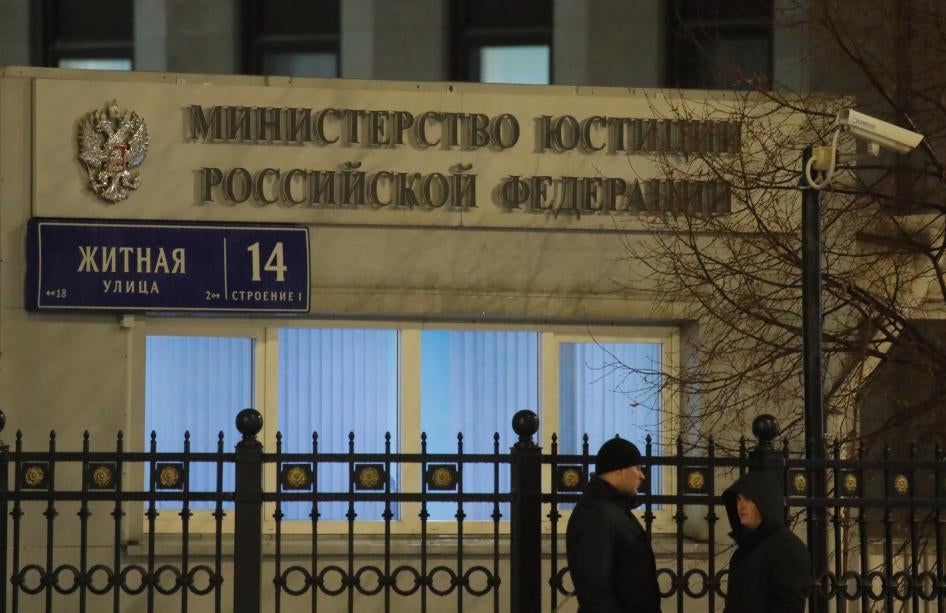Ida Sawyer, Director of the Crisis, Conflict, and Arms Division at Human Rights Watch, pointed to disturbing reports suggesting that the Sudanese army has used chlorine gas, a weapon prohibited under the Chemical Weapons Convention, to which Sudan is a signatory.
The United States had earlier imposed sanctions on Gen. Abdel Fattah al-Burhan, Chairman of the Transitional Sovereign Council and Commander-in-Chief of the Sudanese Armed Forces, alleging the army’s use of chemical weapons — without publishing evidence to substantiate the claim.
Human Rights Watch stated that it had independently verified several geographic locations from which photos and videos — originally published in September last year by the digital investigations unit of France 24 — were taken. The imagery reportedly showed metal canisters used for chlorine storage placed near small pits, as well as another video showing a yellowish-green cloud, the distinctive hallmark of chlorine gas.
Among the verified sites, the organization identified the Qari military base and the Khartoum Oil Refinery in the Al-Jaili area, north of the capital — both of which were under the control of the Rapid Support Forces (RSF) at the time.
The organization emphasized that states party to the Chemical Weapons Convention should support a transparent investigation by the Technical Secretariat of the Organization for the Prohibition of Chemical Weapons (OPCW), including through a procedure known as a “challenge inspection.”
Human Rights Watch also urged the United States to release the evidence upon which it based its sanctions against the Sudanese army chief.
